Home>diy>Building & Construction>What Does A Construction Company Do
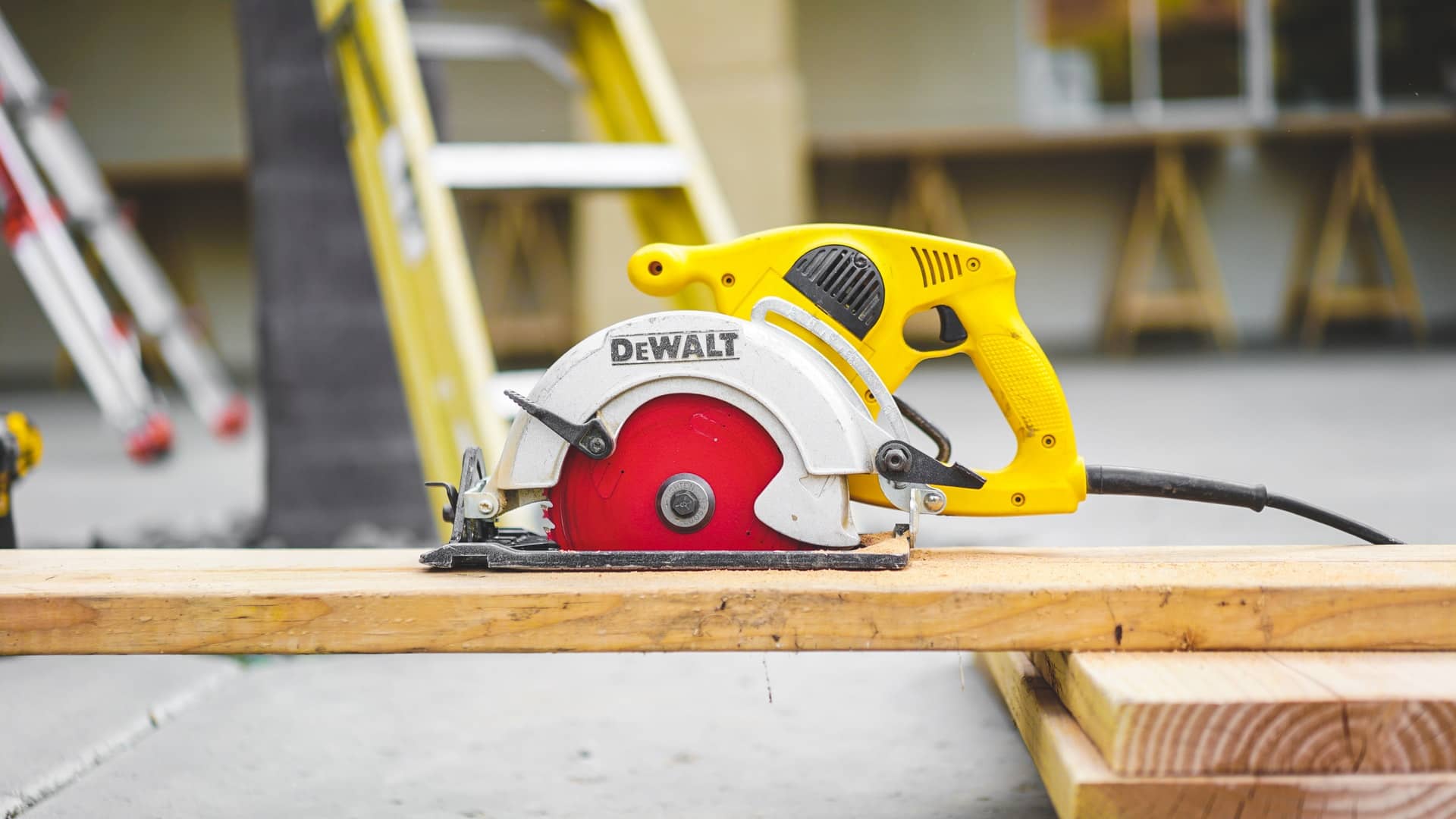

Building & Construction
What Does A Construction Company Do
Modified: January 9, 2024
A construction company specializes in building construction projects, providing services such as site preparation, architectural design, construction management, and project completion. Learn how a construction company can help bring your building plans to life.
(Many of the links in this article redirect to a specific reviewed product. Your purchase of these products through affiliate links helps to generate commission for Storables.com, at no extra cost. Learn more)
Introduction
A construction company is a crucial player in the building industry. They are responsible for the planning, management, and execution of various construction projects, including residential, commercial, and industrial buildings. From the initial design phase to the final touches of a completed structure, a construction company plays a vital role in bringing architectural visions to life.
Construction companies have a diverse range of responsibilities, including project planning, site preparation, construction management, and quality control. They ensure that every aspect of the project is executed efficiently and meets the highest standards of safety, functionality, and aesthetics.
In this article, we will explore the various stages and tasks involved in the construction process, shedding light on the key responsibilities of a construction company. Whether you’re considering a career in construction or looking to hire a construction company for your next project, this article will provide valuable insights into the important work they do.
Key Takeaways:
- A construction company’s role goes beyond physical building; it involves meticulous planning, compliance, and coordination to bring architectural visions to life while prioritizing safety and quality throughout the construction process.
- From project planning to landscaping, a construction company’s expertise ensures the seamless integration of various elements, creating visually appealing, functional, and safe spaces that exceed client expectations.
Project Planning and Design
The first step in any construction project is project planning and design. This stage involves extensive consultation and collaboration between the construction company, architects, engineers, and clients to determine the goals, specifications, and requirements of the project.
During the planning phase, the construction company works closely with the client to understand their vision and objectives for the project. They assess the site, consider any zoning or permitting requirements, and analyze the feasibility and cost-effectiveness of the proposed project. This includes conducting feasibility studies, cost estimates, and creating a detailed timeline.
Once the planning phase is complete, the construction company moves on to the design stage. They work with architects and engineers to create detailed blueprints, drawings, and 3D models that outline the structure’s layout, size, materials, and overall design aesthetic. The construction company ensures that the design meets building codes, safety standards, and the client’s expectations.
During the design phase, the construction company also collaborates with subcontractors and suppliers to determine the materials and equipment needed for the project. This includes sourcing sustainable and cost-effective materials, negotiating contracts, and ensuring that all necessary permits and regulatory approvals are obtained.
Ultimately, the project planning and design phase sets the foundation for a successful construction project. It ensures that all parties involved are aligned with the project goals, establishes a clear roadmap for construction, and lays the groundwork for the next stages of the process.
Permitting and Regulatory Compliance
One of the essential responsibilities of a construction company is to navigate the complex web of permits and regulations involved in any construction project. Building codes, zoning regulations, environmental restrictions, and other legal requirements must be thoroughly understood and complied with to ensure a smooth and lawful construction process.
The construction company works closely with local authorities, government agencies, and regulatory bodies to obtain the necessary permits and approvals. This includes submitting detailed plans, engineering reports, and environmental impact assessments for review. The company ensures that the project adheres to all applicable building codes, safety standards, and environmental regulations.
It is the construction company’s duty to stay up-to-date with any changes or amendments to building codes or regulations. They must also coordinate inspections, addressing any issues or deficiencies identified by the regulatory authorities. By ensuring compliance with all legal requirements, the construction company helps mitigate any potential delays or fines that could arise from non-compliance.
In addition to permitting and regulatory compliance, the construction company is responsible for implementing and enforcing safety protocols on the construction site. They must adhere to occupational health and safety regulations, provide training to workers, and maintain a safe working environment for all involved.
Permitting and regulatory compliance is a critical aspect of the construction process. It ensures that the project is in compliance with all legal and environmental requirements, providing peace of mind to the client and ensuring the completion of a successful and legally sound construction project.
Site Preparation and Demolition
Before construction can begin, the construction company must prepare the site for the upcoming project. This involves clearing the land, removing any existing structures, and ensuring a safe and suitable foundation for the new construction.
If there are existing buildings or structures on the site, the construction company will coordinate and oversee the demolition process. This includes obtaining any necessary permits, hiring skilled demolition crews, and ensuring the safe removal of debris and hazardous materials.
During the site preparation phase, the construction company will clear the land of any vegetation, rocks, or debris. This might involve grading the site, leveling uneven terrain, or excavating and removing soil as needed.
After the site has been cleared and leveled, the construction company will proceed with the installation of necessary infrastructure. This includes utilities such as water, sewage, electricity, and telecommunications. The construction company coordinates with utility companies to ensure that the necessary connections are made and infrastructure is properly installed.
In some cases, the construction company may also need to prepare the site for specific features such as parking areas, driveways, or landscaping. This involves pouring concrete, laying asphalt, or preparing the ground for the installation of plants and hardscapes.
Site preparation and demolition require careful planning and execution to ensure the safety and efficiency of the construction project. The construction company coordinates with various stakeholders, including architects, engineers, subcontractors, and regulatory authorities, to ensure that all necessary steps are taken, and the site is prepared to support the upcoming construction phase.
Foundation and Infrastructure Construction
The foundation is the backbone of any construction project, providing a stable and solid base for the structure. The construction company is responsible for constructing a strong and durable foundation that can support the weight of the building and withstand environmental factors.
Before construction of the foundation can begin, the construction company will conduct a thorough analysis of the site, including soil testing and site surveys. This information helps determine the appropriate foundation design and construction methods.
The construction company will then excavate the site, digging trenches or holes to accommodate the foundation. They will carefully remove any loose soil or debris and prepare the site for the foundation construction.
There are several different types of foundations, including concrete slab foundations, crawl space foundations, and basement foundations. The construction company will choose the appropriate foundation type based on the project specifications, soil conditions, and local building codes.
Once the foundation is constructed, the construction company will move on to the installation of the infrastructure. This includes the installation of plumbing, electrical, and HVAC (heating, ventilation, and air conditioning) systems. The construction company coordinates with subcontractors and ensures that all systems are properly installed and integrated into the foundation.
In addition to the infrastructure, the construction company will also construct any necessary retaining walls or structural supports to ensure the stability of the foundation and prevent soil erosion or movement.
The foundation and infrastructure construction phase requires careful planning, precise execution, and adherence to building codes and safety standards. The construction company works closely with engineers, architects, and subcontractors to ensure that the foundation is constructed to the highest standards, providing a solid and stable base for the rest of the construction process.
Read more: How Do You Value A Construction Company
Structural Framing
Once the foundation and infrastructure are in place, the construction company moves on to the structural framing phase. This involves the construction of the building’s skeletal framework, which provides support and stability for the overall structure.
The construction company will work closely with architects and engineers to interpret the design plans and determine the most efficient and structurally sound way to construct the framework. They will analyze load-bearing requirements, material specifications, and building codes to ensure compliance and safety.
The framing process typically involves the installation of beams, columns, and walls that will support the weight of the floors, roof, and other components of the building. The construction company may use various materials, such as wood, steel, or concrete, depending on the design and structural requirements.
The construction company will carefully measure, cut, and assemble the framing components, ensuring proper alignment and secure connections. They will also install additional structural elements, such as braces or trusses, to enhance the stability and load-bearing capacity of the framework.
During the framing process, the construction company must pay close attention to detail and precision to ensure that the framework is strong, straight, and properly aligned. Any errors or deficiencies in the framing could potentially compromise the structural integrity of the building.
Once the framing is complete, the construction company will conduct thorough inspections to ensure that all connections and supports are secure and meet the required standards. This step is crucial for identifying and rectifying any issues or weaknesses in the framework before proceeding to the next stages of the construction process.
The structural framing phase is a critical step in the construction process, as it forms the structural skeleton of the building. The construction company’s expertise and attention to detail in this phase are paramount to ensuring a strong and stable final structure.
MEP (Mechanical, Electrical, and Plumbing) Installation
Once the structural framing is completed, the construction company moves on to the installation of the MEP systems – Mechanical, Electrical, and Plumbing. These systems are essential for the functionality, comfort, and safety of the building, providing services such as heating, cooling, electricity, water supply, and waste management.
The construction company works closely with specialized subcontractors who specialize in MEP installations. These subcontractors have expertise in their respective fields and collaborate with the construction company to ensure seamless integration of the MEP systems into the building structure.
Mechanical systems include heating, ventilation, and air conditioning (HVAC), as well as fire protection and smoke detection systems. The construction company ensures that the HVAC system is properly installed and balanced throughout the building, providing appropriate heating, cooling, and ventilation to create a comfortable indoor environment.
Electrical systems involve the installation of electrical wiring, outlets, switches, lighting fixtures, and other electrical components. The construction company ensures that the electrical systems are installed according to safety codes and regulations, providing a reliable and efficient power supply for the building.
Plumbing systems include the installation of pipes, fixtures, and fittings to ensure a proper water supply and waste management system. The construction company ensures that plumbing systems are properly installed and connected, providing clean water for consumption and efficient disposal of waste.
During the MEP installation process, the construction company coordinates with the MEP subcontractors to ensure that all systems are properly integrated, avoiding conflicts and maximizing efficiency. They also conduct inspections and tests to verify the proper functioning of the MEP systems, identifying and addressing any issues before the completion of the project.
MEP installation requires careful planning, coordination, and expertise to ensure that all systems are seamlessly integrated into the building structure. The construction company’s collaboration with specialized subcontractors is crucial in achieving a fully functional and efficient MEP system, meeting the needs and regulations of the building occupants.
A construction company is responsible for building and renovating structures. They manage the entire construction process, including planning, design, permits, and construction. It’s important to choose a reputable and experienced company for your project.
Interior and Exterior Finishes
Once the MEP installations are complete, the construction company moves on to the interior and exterior finishes of the building. This phase involves adding the final aesthetic touches and functional elements that transform the structure into a finished and livable space.
Interior finishes include elements such as flooring, wall finishes, ceilings, doors, windows, and paint. The construction company works with artisans, carpenters, and other skilled tradespeople to ensure high-quality craftsmanship in installing these finishes. They carefully select materials, colors, and textures to create the desired ambiance and style of the interior space.
The construction company also coordinates the installation of fixtures and fittings, such as lighting fixtures, plumbing fixtures, cabinetry, and countertops. They ensure these elements are correctly placed and aligned, creating a functional and visually appealing interior environment.
Exterior finishes involve the installation of materials that enhance the building’s appearance, protection, and energy efficiency. This includes the installation of cladding, stone or brickwork, roofing materials, windows, doors, and landscaping elements. The construction company works closely with suppliers to source and install quality materials that withstand weather conditions and provide long-term durability and aesthetics.
During the interior and exterior finishes phase, the construction company pays attention to detail and ensures that all finishes are applied with precision and in accordance with design specifications. They also coordinate any necessary inspections to verify compliance with building codes and regulations.
Once the finishes are completed, the construction company conducts a thorough final inspection to ensure that all elements are in place, functioning properly, and meeting the client’s expectations. By adhering to high standards of craftsmanship and attention to detail, the construction company helps create a visually appealing, functional, and comfortable space for the building occupants.
The interior and exterior finishes phase is the final step in the construction process, transforming the raw structure into a completed building. The construction company’s expertise in selecting and installing finishes helps create a visually striking and functional space that meets the client’s requirements and enhances the overall quality of the project.
Landscaping and Exterior Work
As the construction project nears completion, the construction company turns its attention to the landscaping and exterior work. This phase focuses on enhancing the outdoor spaces surrounding the building, creating an inviting and aesthetically pleasing environment.
Landscaping involves the design, installation, and maintenance of plants, trees, shrubs, and other elements that enhance the natural beauty of the site. The construction company may work with landscape architects to create a cohesive and sustainable landscape design that complements the building’s architecture.
During the landscaping phase, the construction company prepares the soil, installs irrigation systems, and carefully selects and plants a variety of flora. They consider factors such as climate, soil conditions, sun exposure, and water conservation to ensure the long-term health and beauty of the landscape.
Exterior work involves the construction of features such as walkways, driveways, parking areas, and outdoor gathering spaces. The construction company utilizes appropriate materials such as concrete, asphalt, pavers, or natural stone to create durable and appealing pathways and surfaces.
In addition to hardscaping features, the construction company may also install outdoor amenities such as seating areas, lighting fixtures, and decorative elements to enhance the functionality and visual appeal of the exterior spaces.
The construction company also ensures that all exterior elements, such as fencing, signage, and accessibility ramps, are in compliance with local regulations and building codes.
During the landscaping and exterior work phase, the construction company may collaborate with landscape contractors, hardscape specialists, and other professionals who specialize in outdoor design and installations. They work together to ensure all elements are properly integrated and aligned with the overall vision for the project.
By paying careful attention to detail and utilizing their expertise, the construction company creates a harmonious and inviting outdoor environment that complements the building and enhances the overall user experience.
The landscaping and exterior work phase adds the final touches to the construction project, creating a polished and welcoming exterior space that complements the interior space and contributes to an overall exceptional building design.
Read more: What Makes A Successful Construction Company
Quality Control and Inspections
Throughout the construction process, quality control and inspections play a vital role in ensuring that the project meets the highest standards of craftsmanship, safety, and functionality. The construction company is responsible for implementing rigorous quality control measures and conducting thorough inspections at various stages of the project.
Quality control begins with the selection of skilled and experienced subcontractors, suppliers, and vendors who can deliver the highest quality materials and workmanship. The construction company establishes clear guidelines and specifications for each aspect of the project and ensures that all parties involved adhere to these standards.
Regular inspections are conducted to monitor the progress and quality of work. These inspections are performed by both the construction company’s own personnel and external inspectors who are experts in their respective fields.
The inspections cover various aspects of the construction process, including structural integrity, adherence to building codes, proper installation of systems and finishes, and compliance with safety regulations. Any deficiencies identified during the inspections are addressed promptly to maintain the quality and integrity of the project.
The construction company also conducts quality control checks to ensure that materials used are of the specified quality and that they meet the required standards. This includes conducting tests and inspections for strength, durability, and other performance criteria.
In addition to internal quality control measures, the construction company also coordinates with third-party inspectors to conduct independent inspections and verifications. These objective assessments provide an additional layer of accountability and help ensure that the construction project meets all regulatory requirements and industry standards.
By implementing stringent quality control measures and conducting thorough inspections, the construction company ensures that the end result is a high-quality, structurally sound, and safe building that meets or exceeds the client’s expectations.
Quality control and inspections are a crucial part of the construction process, helping to maintain the integrity of the project and ensure the delivery of a successful and satisfactory outcome.
Project Management and Coordination
Project management and coordination are integral aspects of a construction company’s responsibilities. They involve overseeing and managing all the moving parts of a construction project, ensuring efficient workflow, timely completion, and effective communication among all stakeholders involved.
The construction company assigns a project manager who serves as the point person responsible for overseeing the entire construction process. The project manager coordinates with architects, engineers, subcontractors, suppliers, and clients to ensure that the project progresses according to plan and meets the established milestones and deadlines.
Effective project management involves several key tasks. The project manager develops a detailed project plan, including schedules, budgets, and resource allocation. They coordinate with subcontractors and suppliers to ensure materials and equipment are delivered on time and within specifications.
The project manager also monitors the project’s progress, tracks costs, and assesses potential risks and issues that may arise. They implement strategies to mitigate these risks and make necessary adjustments to stay on track with the project’s objectives.
Furthermore, project management involves effective communication and collaboration with all stakeholders. The project manager serves as the main point of contact, facilitating clear communication channels between the construction company, clients, architects, engineers, and subcontractors. They ensure that information flows smoothly, changes are properly communicated, and all parties are kept informed and aligned throughout the construction process.
In addition to managing day-to-day operations, the construction company also ensures proper coordination of subcontractors and suppliers. They schedule and oversee subcontractor activities, ensuring that tasks are completed in the correct sequence and that there are no conflicts or delays in the construction process.
The coordination also extends to obtaining necessary permits and approvals, scheduling inspections, and complying with all legal and regulatory requirements. The construction company liaises with local authorities and regulatory bodies to ensure that the project follows all applicable laws and regulations.
Project management and coordination are fundamental to the success of a construction project. The construction company’s expertise in managing resources, timelines, budgets, and relationships helps ensure a smooth and efficient construction process, resulting in a successful and satisfied outcome.
Safety and Risk Management
Safety and risk management are paramount in the construction industry, and the construction company plays a crucial role in ensuring a safe and secure work environment for everyone involved in the project.
The construction company adopts a comprehensive safety program that aligns with industry standards and regulatory requirements. They implement strict safety protocols to prevent accidents, injuries, and hazards on the construction site. This includes providing appropriate safety training to all workers, enforcing the use of personal protective equipment (PPE), and conducting regular safety inspections.
Risk management is an ongoing process throughout the construction project. The construction company assesses potential risks and develops strategies to mitigate them. They identify and evaluate potential hazards that may arise during different stages of the construction process, such as falls, electrical hazards, or equipment malfunctions.
The construction company ensures that all workers are well-trained and aware of proper safety procedures. They implement safety measures, such as erecting guardrails, providing fall protection systems, and adhering to proper scaffolding practices. They also implement strict protocols for working at heights, handling hazardous materials, and operating heavy machinery.
Additionally, the construction company performs regular inspections to identify any safety hazards and takes immediate action to rectify them. They promptly address any safety concerns raised by workers or subcontractors, prioritizing the well-being of the construction team.
To further mitigate risks, the construction company maintains comprehensive insurance coverage to protect against unforeseen circumstances or accidents. They work closely with insurance providers to ensure proper coverage for the project and adhere to any specific requirements set forth by the insurance policies.
Furthermore, the construction company stays up-to-date with the latest safety regulations and industry best practices. They continuously educate themselves and their team about new safety standards, actively seeking improvements and implementing changes to enhance safety measures.
Safety and risk management are embedded in the construction company’s culture and are a top priority from project initiation to completion. By prioritizing safety and implementing effective risk management strategies, the construction company safeguards the well-being of all workers and minimizes the likelihood of accidents or disruptions during the construction process.
Ultimately, a strong commitment to safety and risk management not only protects lives but also ensures the successful and timely completion of construction projects with minimal setbacks and interruptions.
Conclusion
A construction company plays a pivotal role in the building industry, overseeing and executing various stages of construction projects. From project planning and design to final finishes and landscaping, the construction company’s expertise and coordination are vital for the successful completion of a project.
Project planning and design set the foundation for a construction project, ensuring that all aspects are carefully considered and aligned with the client’s vision. Permitting and regulatory compliance ensure that the project meets all legal requirements and adheres to safety and environmental standards.
Site preparation and demolition clear the way for construction and create a safe and suitable foundation. Structural framing provides the skeletal framework for the building, while MEP installation ensures the proper functioning of mechanical, electrical, and plumbing systems.
Interior and exterior finishes add the final aesthetic touches and functional elements that make a building complete. Landscaping and exterior work enhance the outdoor spaces, creating an inviting environment.
Throughout the construction process, quality control and inspections ensure the adherence to high standards of craftsmanship and compliance with regulations. Project management and coordination keep the project on track, ensuring effective communication, timely delivery, and seamless integration of all project components.
Lastly, safety and risk management are of paramount importance in the construction industry. The construction company prioritizes the safety and well-being of all workers and implements measures to mitigate risks and maintain a secure working environment.
In conclusion, a construction company’s expertise, attention to detail, and dedication to quality and safety are pivotal in the successful completion of any construction project. Their role encompasses not only the physical construction of the building but also the coordination, management, and compliance required to deliver a high-quality structure that meets or exceeds the client’s expectations.
Whether it’s a residential, commercial, or industrial construction project, the construction company’s knowledge and skills bring architectural concepts to life, creating spaces that are not only functional but also aesthetically pleasing. Their work contributes to the development and improvement of our built environment, shaping communities and providing spaces for people to live, work, and thrive.
Frequently Asked Questions about What Does A Construction Company Do
Was this page helpful?
At Storables.com, we guarantee accurate and reliable information. Our content, validated by Expert Board Contributors, is crafted following stringent Editorial Policies. We're committed to providing you with well-researched, expert-backed insights for all your informational needs.
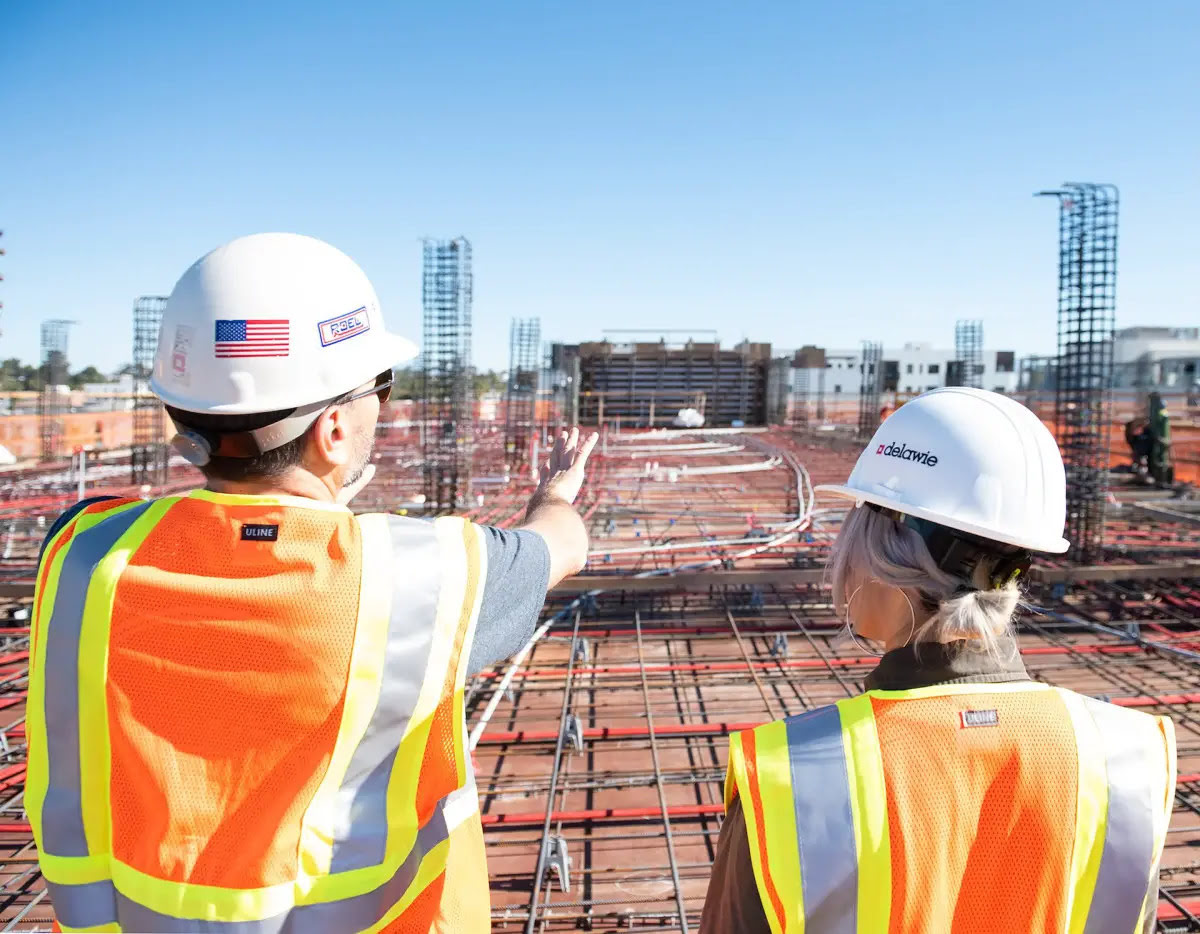
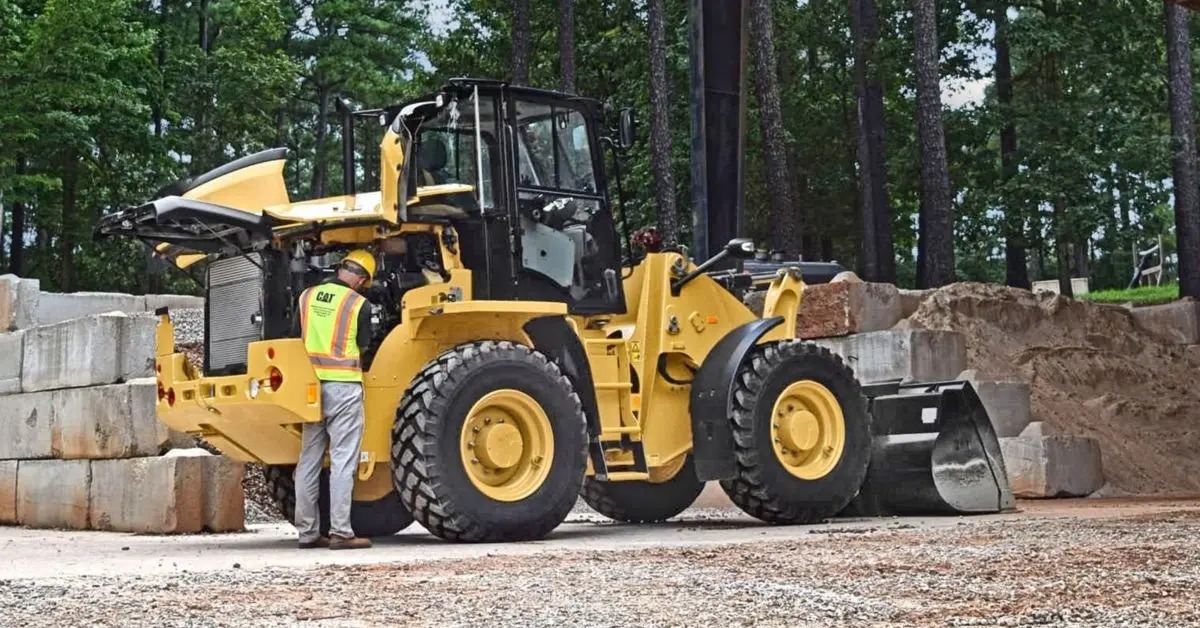
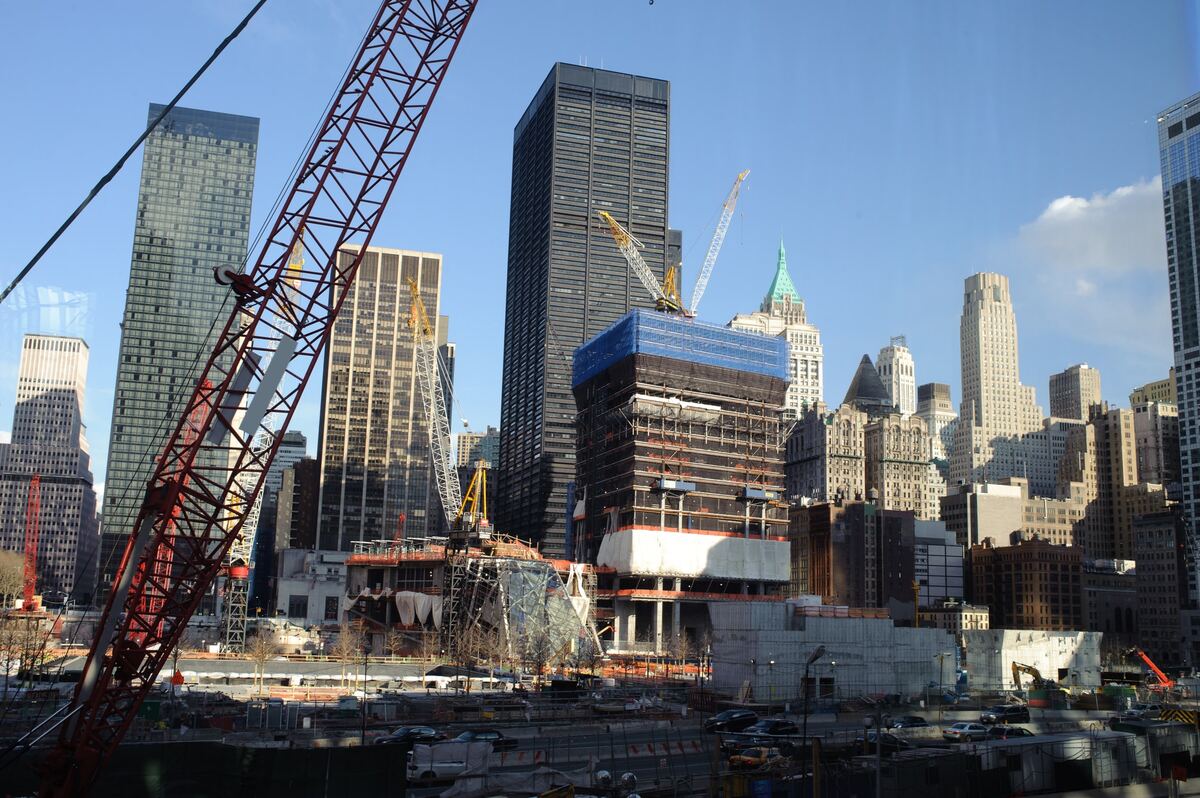
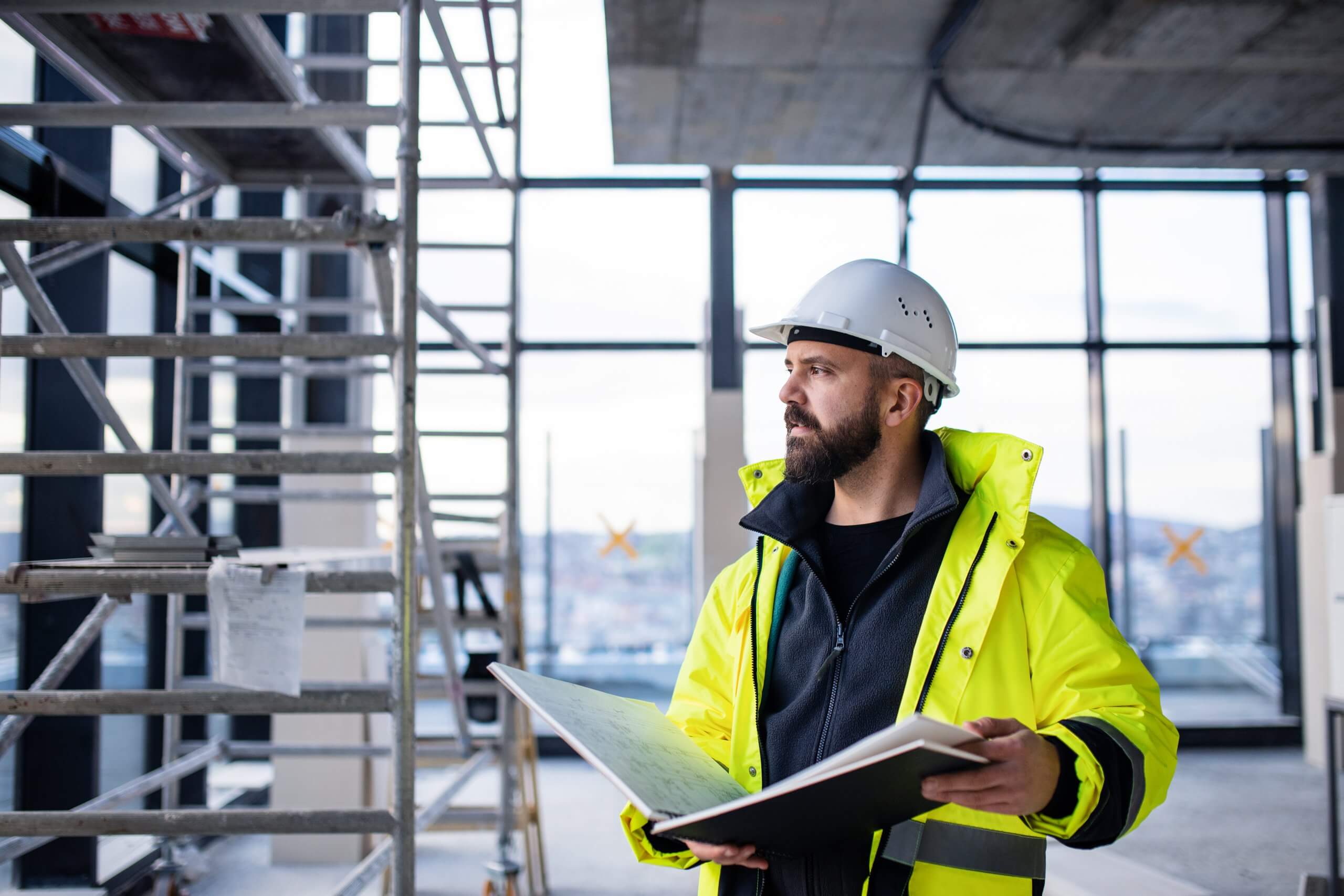
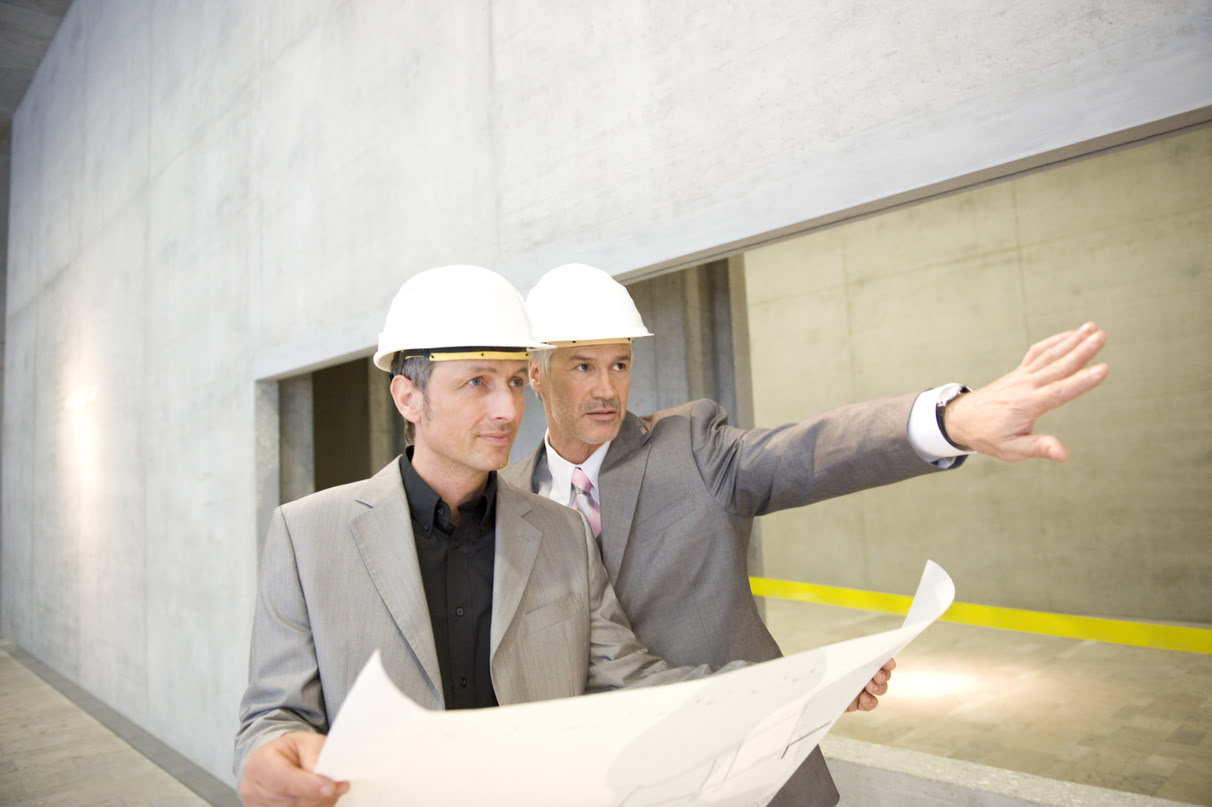


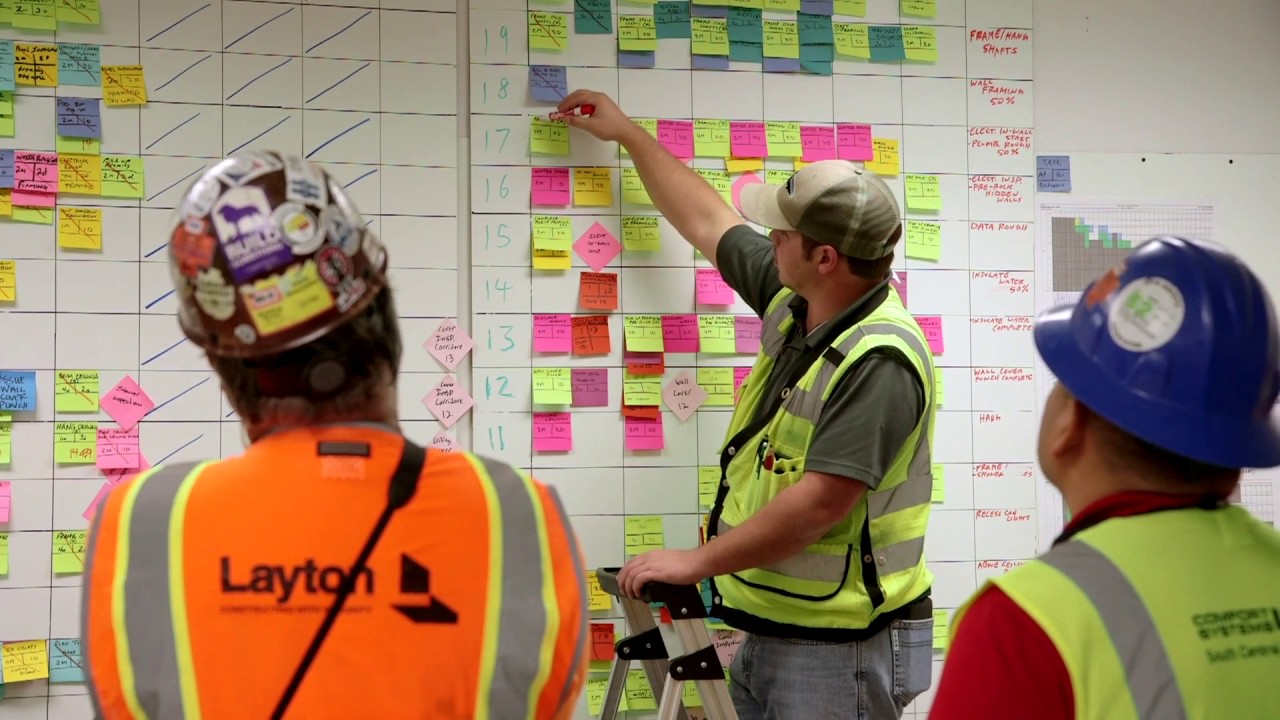

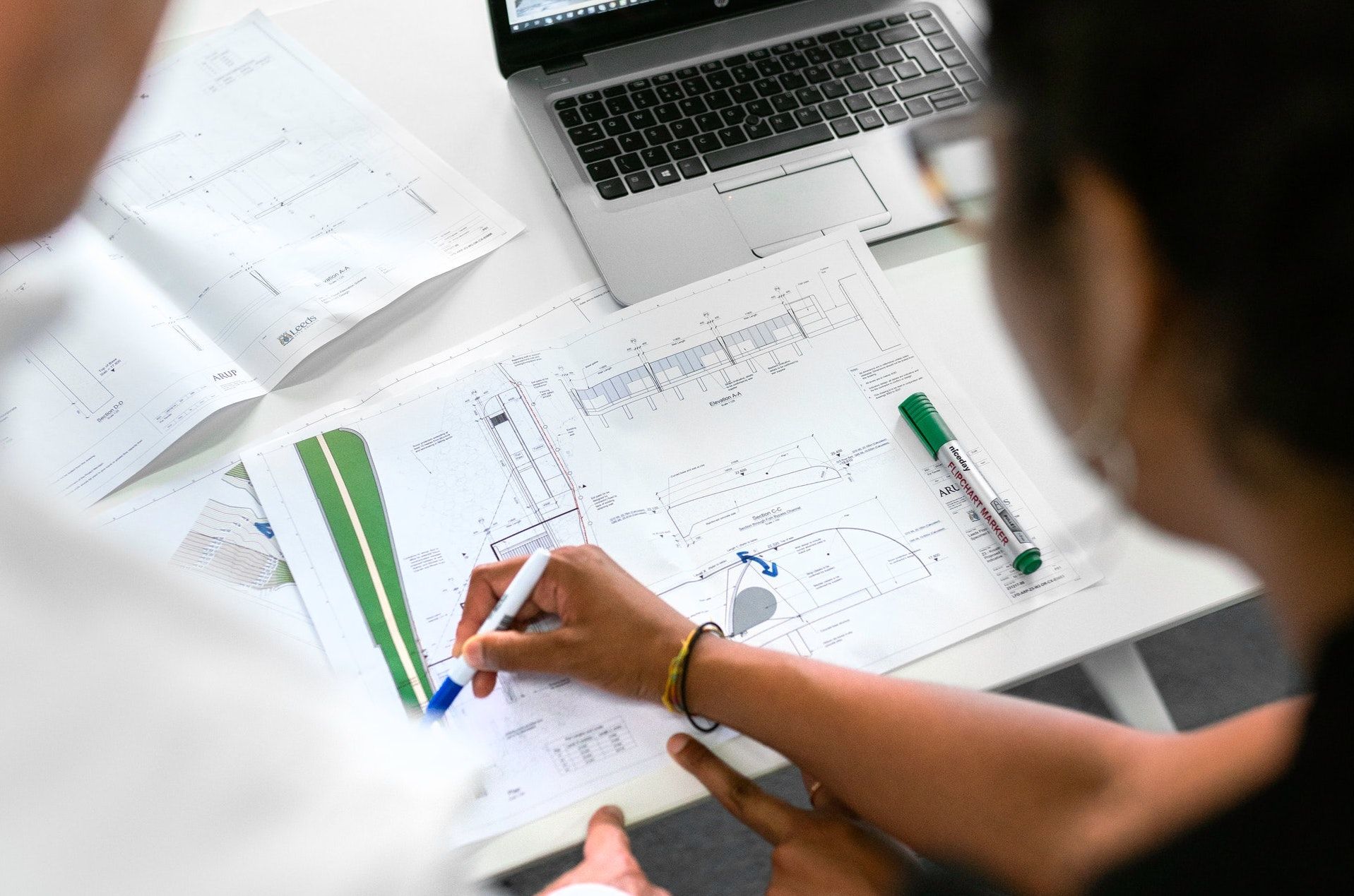

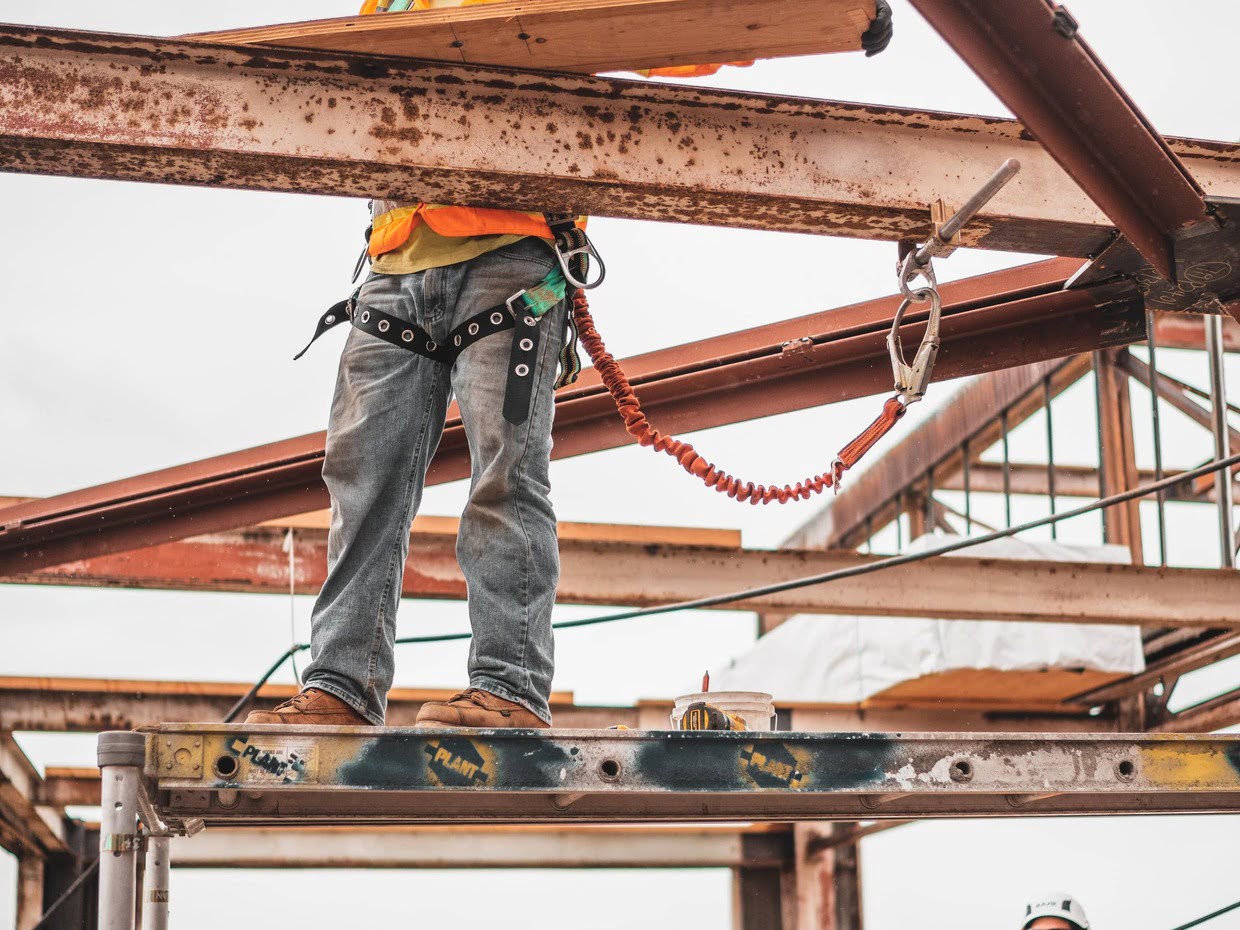
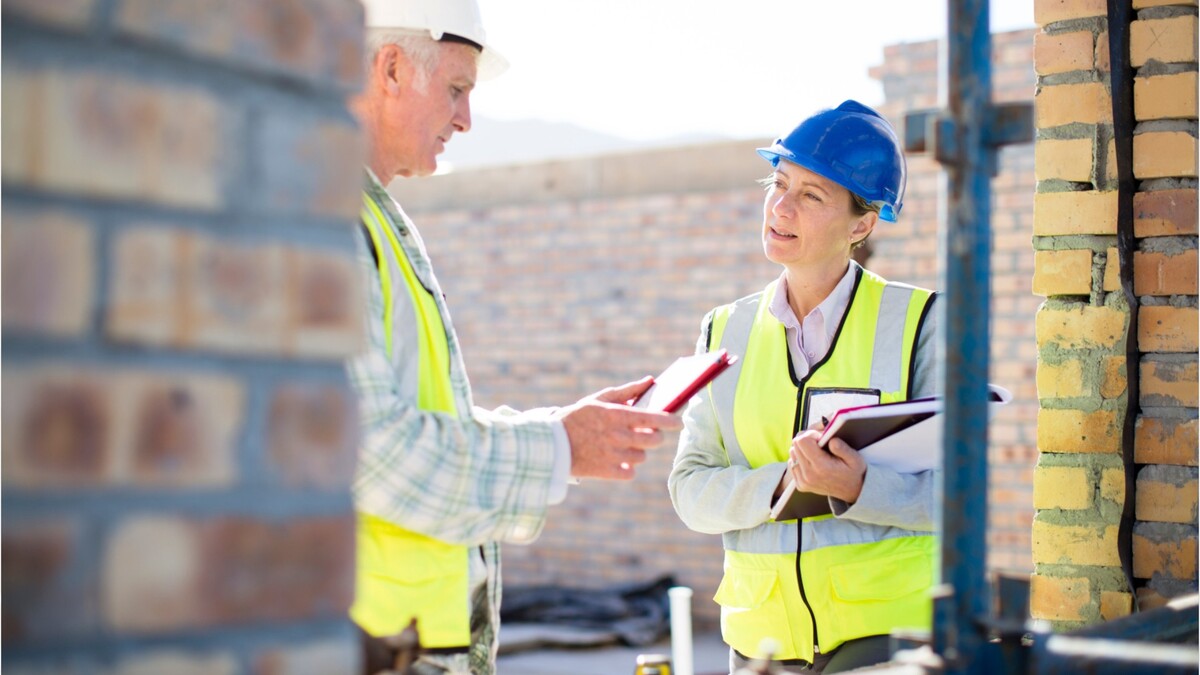

0 thoughts on “What Does A Construction Company Do”